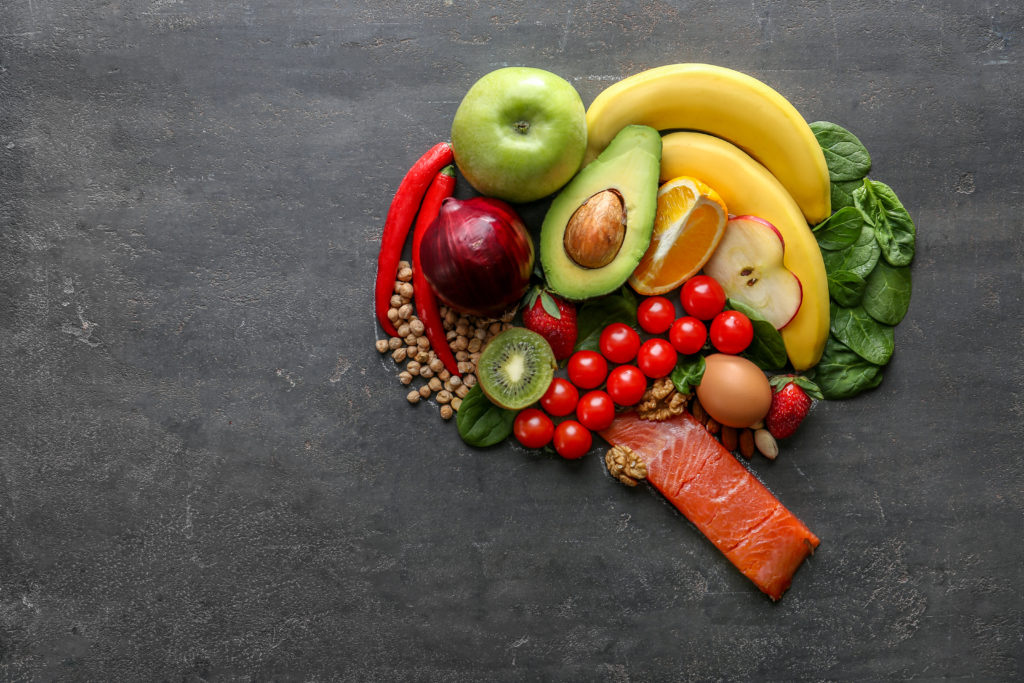
Introduction
As consumer needs evolve, the focus on cognitive health has become increasingly prominent. Many consumers have felt satisfied with this area of health since the pandemic. However, there remains a significant number of consumers who are unsatisfied with their cognitive well-being. Notably, consumers are placing a greater emphasis on emotional wellness and cognitive health. They recognize the equal importance of this alongside physical well-being.
Amidst this shift in mindset, consumers are dealing with symptoms such as stress, worry, and tiredness. This is resulting in a desire among consumers to enhance their overall health and quality of life. Interestingly, while many acknowledge cognitive health concerns, consumers tend to refrain from seeking specialist treatment. Instead, many opt for general approaches to improve this area of health.
Attitudes & Behaviors
In today’s post-pandemic society, consumers are demonstrating a proactive stance towards wellness. However, it is suggested that issues such as price inflation are impacting cognitive health. Importantly, recent trends from 2021 to 2023 reveal an increase in satisfaction levels regarding this area of health. For instance, FMCG Gurus’ consumer insights reveal that in 2021, 45% of consumers were satisfied with their cognitive health, and in 2023, 55% of consumers were satisfied with this area of health. Alternatively, there was a 10% decrease in consumers who are interested in brain health products even when they are not suffering from specific health problems.
These findings indicate a shift in consumer behavior, reflecting a decreased sense of urgency in actively seeking out functional products daily, as well as a reduction in the level of concern compared to the pandemic era. Furthermore, while factors such as price inflation continue to impact brain health, their effect appears to be less pronounced than during the pandemic.

Increased Intake of Fresh Fruit and Vegetables
In the past year, consumers have implemented various measures to enhance their cognitive health, indicating dissatisfaction with this aspect of wellness and recognizing the potential impact of poor cognitive well-being on overall long-term health. FMCG Gurus’ market research highlights that 49% of global consumers have eaten more fresh fruit and vegetables in the last twelve months to improve their cognitive health. The emphasis on consuming more fresh fruits and vegetables reflects consumers’ belief in the ability of their diets to support cognitive health, rather than relying on specialized functional foods. This suggests an awareness among consumers that behaviors such as excessive consumption and inadequate nutrient intake can affect areas such as alertness and concentration.
Cognitive Health Problems
Consumers are actively prioritizing various aspects of their health and well-being. There has been an increased effort to elevate emotional wellness to the same level as physical health, positioning cognitive health as the second most crucial priority after gut health. For example, FMCG Gurus’ consumer insights reveal that 17% of global consumers are most concerned about their cognitive health.
This increased focus is linked to the impact of COVID-19 on cognitive health over the past few years. As society transitions to a post-pandemic phase, consumers are increasingly conscious of the influence of busy lifestyles and macroeconomic factors, such as price inflation, on their cognitive well-being in both the short and long term. Also, there is a growing recognition that cognitive health does not solely affect mood and energy levels but can also lead to long-term health issues, significantly impacting overall quality of life.
Ingredients
Consumers prioritize cognitive
products that enhance memory over improving sleeping patterns, despite
tiredness and sleep difficulties being more commonly experienced. This suggests
that individuals believe they can address fatigue and poor sleep habits by
improving their bedtime routines without the need for additional products.
Consumers link various fruits and vegetables to memory enhancement, with bananas being the most commonly mentioned. For instance, FMCG Gurus’ market research indicates that 44% of global consumers associate bananas with memory-boosting benefits. This highlights the perception that everyday grocery items can contribute to improving cognitive health, influencing their willingness to actively seek out and invest in functional products that offer similar benefits.
